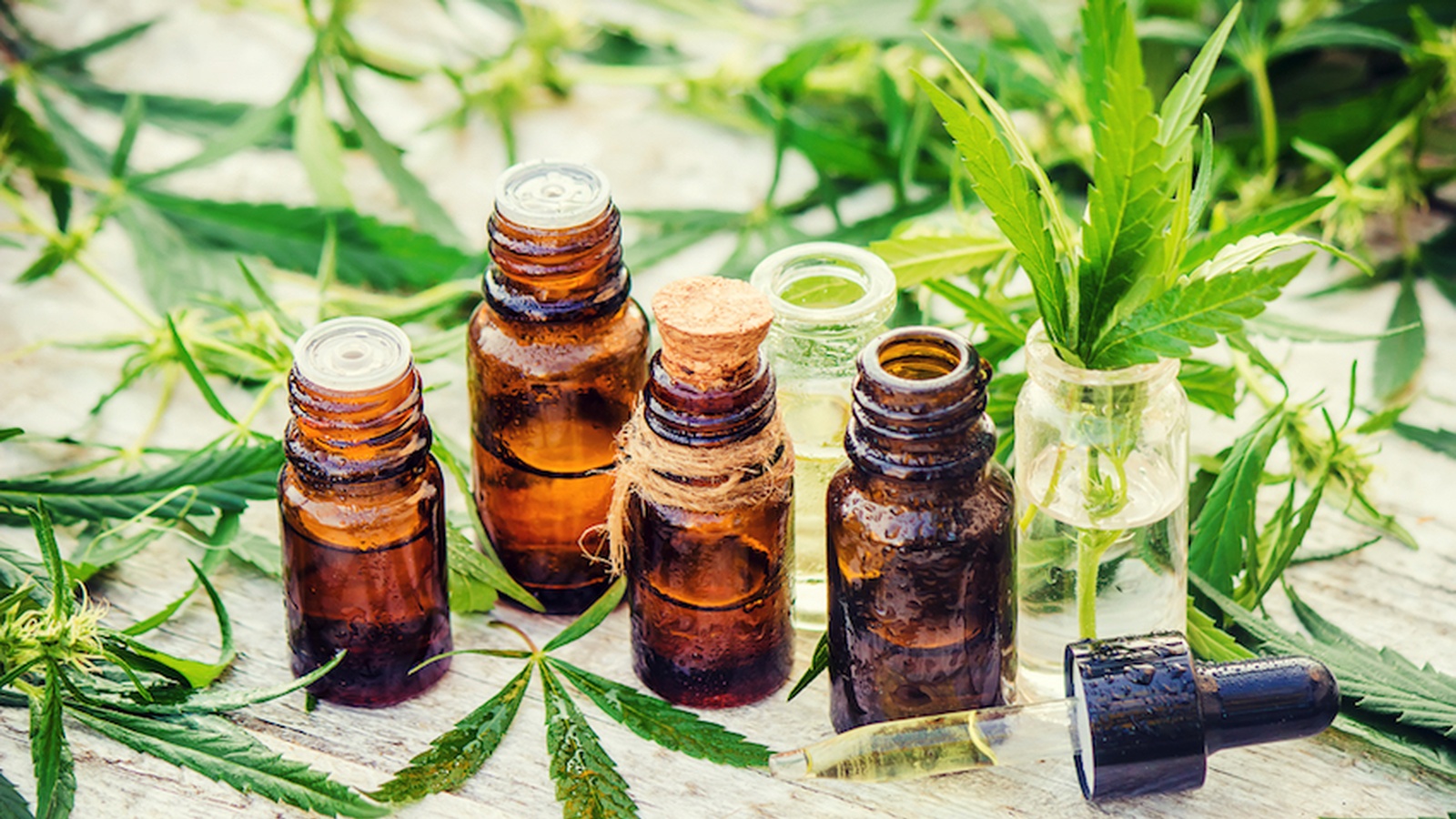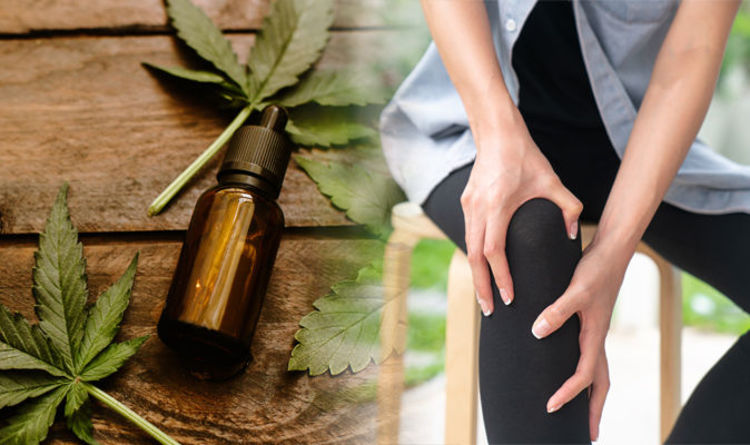CBD Oil And Uk Law: Legal Or Illegal

Introduction
In recent years, the popularity of CBD oil has surged as people explore its potential health benefits. However, the legality of CBD oil varies from country to country and even within regions of a country. In the United Kingdom (UK), the legal status of CBD oil has been a subject of confusion and debate. This comprehensive guide aims to provide an in-depth understanding of the legal framework surrounding CBD oil in the UK, addressing its classification, regulations, and the implications for consumers, producers, and retailers.
Understanding CBD and THC
Before delving into the legal aspects, it’s crucial to grasp the distinction between CBD (cannabidiol) and THC (tetrahydrocannabinol). Both are compounds found in the cannabis plant, but they have different effects. THC is the psychoactive compound responsible for the “high” associated with cannabis use, while CBD is non-psychoactive and has been studied for its potential therapeutic properties.
The Classification of CBD
In the UK, CBD is not classified as a controlled substance when derived from industrial hemp containing less than 0.2% THC. This low THC content ensures that CBD products do not have the psychoactive effects associated with cannabis. Consequently, CBD oil derived from such hemp is generally considered legal, but certain regulations must be adhered to.
The Novel Food Regulation
In 2019, the European Union’s Novel Food Regulation came into play. Under this regulation, any food or food ingredient that had not been significantly consumed in the EU before May 1997 is considered a “novel food” and requires authorization before it can be legally marketed. Initially, this regulation was not enforced for CBD products already on the market, but in early 2021, the UK’s Food Standards Agency (FSA) set a deadline for CBD businesses to submit valid novel food authorization applications by March 31, 2021. This move was aimed at ensuring the safety and quality of CBD products available to consumers.
CBD as a Medicine
CBD that is advertised with medicinal claims, such as its ability to treat specific medical conditions, falls under the Medicines and Healthcare products Regulatory Agency (MHRA). Any CBD product making medical claims must go through a rigorous licensing process to be legally marketed as a medicine. To date, only one CBD-based medication, Epidyolex, has received this approval in the UK to treat severe forms of epilepsy.
Consumer Implications
For consumers, the legal status of CBD oil impacts their purchasing decisions and overall safety. It’s important for consumers to buy products from reputable sources that provide third-party lab testing results to verify the CBD content and ensure that the THC level is within the legal limit. Consumers should also be cautious about products making unsubstantiated medical claims, as these could be misleading and potentially unsafe.
Producer and Retailer Considerations
Producers and retailers of CBD products in the UK must navigate a complex legal landscape. Ensuring compliance with novel food regulations, accurate labeling, and adhering to THC content limits are essential to avoid legal issues. Building trust with consumers through transparent business practices and quality assurance measures can also contribute to long-term success in this market.
Enforcement and Challenges
Enforcing CBD regulations poses challenges due to the rapid growth of the industry and the varying interpretations of existing laws. The FSA and Trading Standards are responsible for monitoring and enforcing regulations related to CBD products. However, the evolving nature of the market sometimes results in products that fall through regulatory gaps.
The Future of CBD Regulation
As the CBD industry continues to expand, the UK government and regulatory bodies are likely to refine and adapt the legal framework. This could involve further clarifications on CBD’s classification, marketing regulations, and quality control standards. Collaborative efforts between industry stakeholders and regulators will be crucial in establishing a balanced and effective regulatory environment.
Conclusion
The legality of CBD oil in the UK hinges on various factors, including THC content, intended use, and compliance with novel food regulations. Consumers, producers, and retailers all play integral roles in ensuring that CBD products are safe, accurately labeled, and within the bounds of the law. Staying informed about evolving regulations and industry best practices is key to navigating the dynamic landscape of CBD oil in the UK. As laws continue to develop, the hope is that they will strike a harmonious balance between consumer access and product safety.
- How Much Is One Syringe Of Radiesse? - May 11, 2025
- Gummy Smile Treatment – Gum Contouring Near Ockley, Surrey - May 11, 2025
- Is THC Soda Stronger Than Smoking? A Potency Comparison - May 11, 2025




